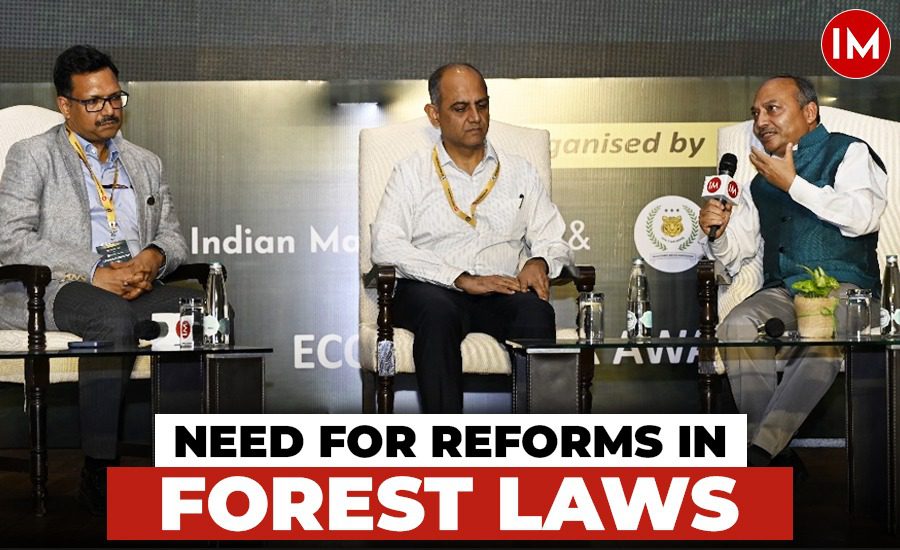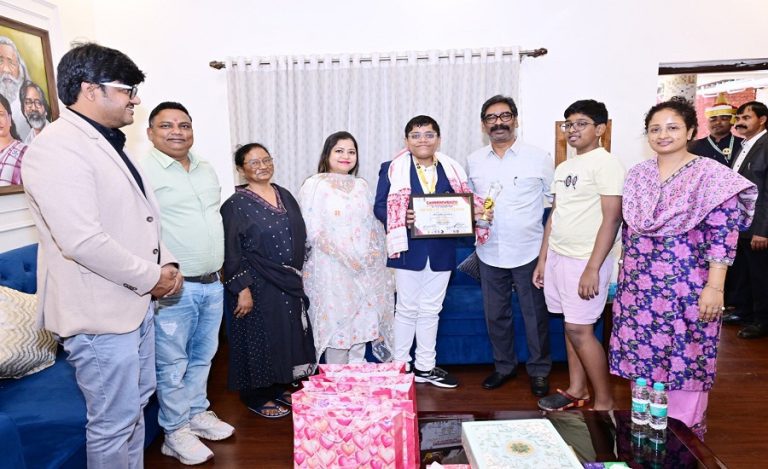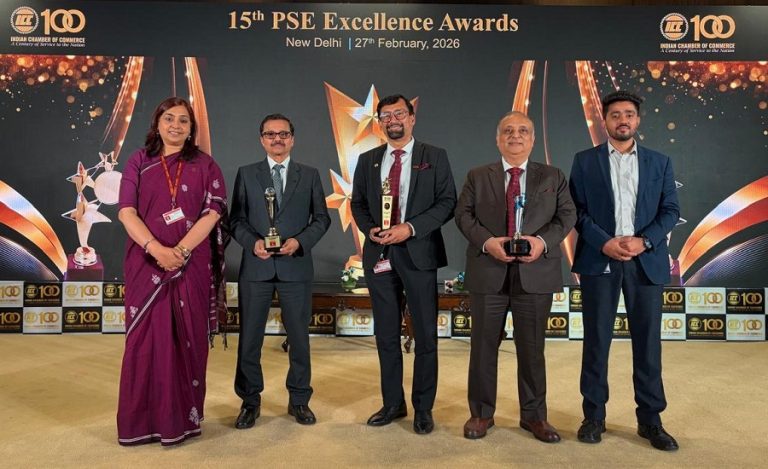In an ever-evolving world where environmental challenges are increasing, the role of the Indian Forest Service (IFS) officers has never been more critical. These officers are the real-life superheroes of the forest world—armed with knowledge, field experience, and a relentless passion to protect India’s green treasures. During the third panel session of the Indian Masterminds’ Eco Warriors Award and National Conclave, held in collaboration with the IFS Association, the topic of discussion centred on the need for reforms in forest laws.
Moderated by Mr. Sharad Gupta, editor of Indian Masterminds, the session featured two renowned IFS officers: Mr. Alok Prem Nagar, Joint Secretary in the Department of Panchayati Raj, and Mr. Surendra Mehra, an Advisor at NITI Aayog. Both brought forth their unique experiences and perspectives on how to update forest laws to meet the needs of both the environment and local communities.
OUTDATED LAWS AND MODERN CHALLENGES
As Mr. Mehra pointed out during the session, forest rangers—tasked with protecting forests—often find themselves ill-equipped. In many regions, these brave officers are only armed with traditional “lathis” (batons) while poachers arrive with advanced weapons. This imbalance not only endangers the lives of these officers but also puts India’s rich biodiversity at risk.
Mr. Mehra reflected on his early days in service when forest protection relied heavily on manpower. “We used to think of forest protection as solely a manpower-driven effort,” he explained. But now, the perspective has shifted, and the forest department views protection in two distinct ways: protection with community involvement and protection through strong enforcement.
While local communities play a crucial role in forest conservation, certain areas require stringent enforcement. Over the years, the department has significantly improved its enforcement mechanisms, but outdated forest laws still create gaps in their approach. Mr. Mehra emphasized the need for new laws that can adapt to modern challenges, especially when tackling organized crime related to poaching and illegal logging.
ENCROACHMENT AND LAW ENFORCEMENT
Mr. Nagar elaborated on another critical issue plaguing India’s forests—encroachment. Forest officials often face stiff resistance when trying to remove illegal encroachments, sometimes leading to law and order problems. “It definitely gets scary,” Mr. Nagar admitted, “and the existing mechanisms for handling encroachments are outdated.” The involvement of police and the need for strong force is often necessary, especially when organized groups are behind illegal land grabs.
He highlighted that the forest department has advanced in its methods for removing encroachments. Where it once took days or even weeks, now, with organized gangs and better coordination, illegal encroachments can be dealt with swiftly. However, Mr. Nagar also acknowledged that the intensity of these challenges has increased manifold, and existing laws are not always equipped to handle the situation.
SHOULD FOREST OFFICERS BE ARMED?
One of the most debated topics during the panel was whether forest officers should be legally allowed to carry arms for protection. In some states, this law has already been enacted, and officers can bear arms to defend themselves and the forest. Mr. Mehra discussed whether this should be extended nationally.
He also touched upon recent amendments to the Indian Evidence Act, which have brought significant changes. For instance, confessions made to forest officers are now admissible in court, strengthening the legal standing of forest officials. These amendments, coupled with the police’s new powers in collecting evidence related to environmental crimes, mark a crucial step forward in empowering forest officers. Still, Mr. Mehra stressed that specialized laws are needed to deal with new types of environmental and wildlife offenses.
THE ROLE OF PANCHAYATS IN FOREST CONSERVATION
The discussion also shifted to the 73rd Constitutional Amendment, which empowered Panchayats to develop plans for economic development and social justice, particularly in areas that include forests. Mr. Nagar highlighted that the forest department, while working within its legal framework, sometimes loses sight of the broader perspective that local governance bodies can offer.
He stressed the importance of aggressive collaboration between the Panchayats and the forest department. “The more proactive we are in adopting local agendas, the better our chances of conserving forests,” he said. Panchayats, with their deep understanding of community needs and local ecosystems, can help align forest conservation with social development. However, this partnership can only be fruitful if forest officers and local bodies work in sync.
A CALL FOR DYNAMIC LAWS
The panel concluded with a clear message: India’s forest laws need urgent reforms to keep pace with the challenges of modern conservation. From equipping forest officers with better tools and resources to involving local communities in a more dynamic way, the need for change is evident. As Mr. Nagar put it, “We are just a part of the system, and we must adapt to the laws and amendments if we are to serve a better purpose.”
The IFS officers, like true eco-Avengers, continue their mission to safeguard India’s forests. Their advocacy for reforms, informed by on-the-ground experience, is not just about protecting trees and wildlife—it’s about creating a harmonious balance between nature, law, and community.
































